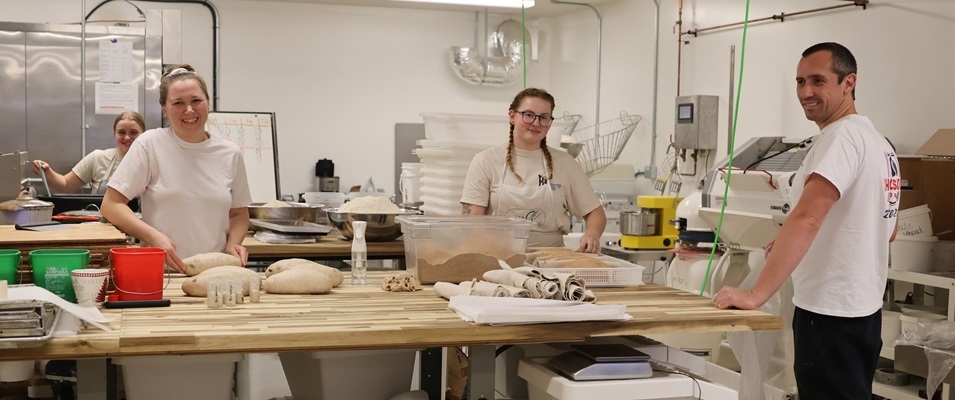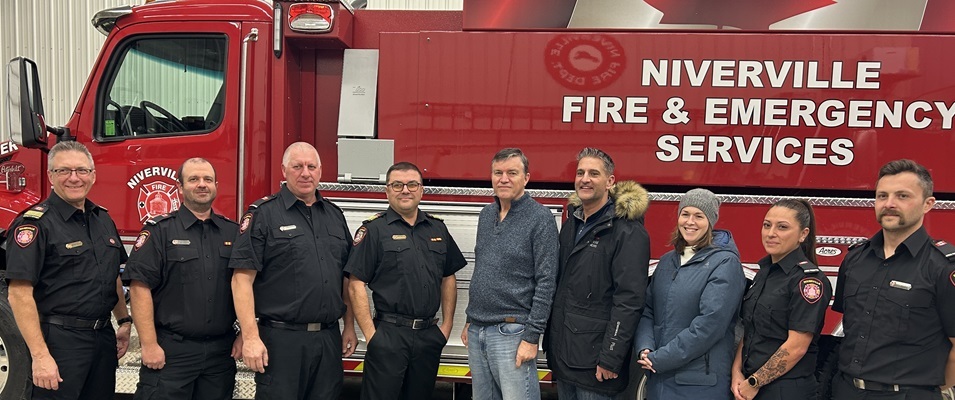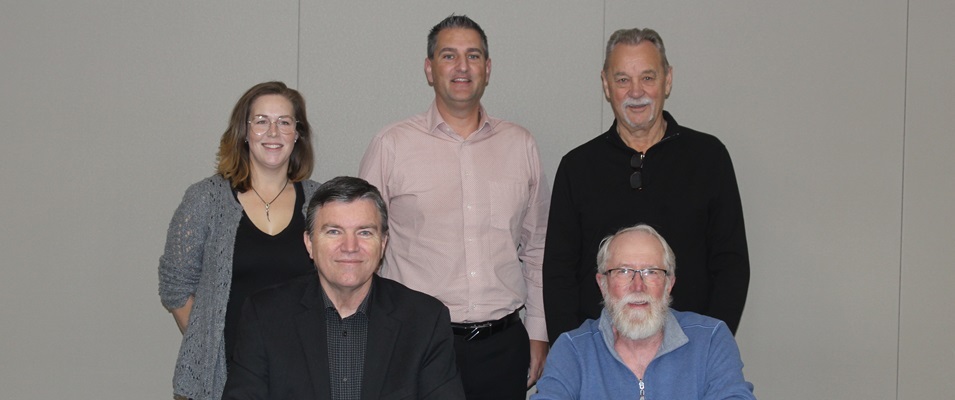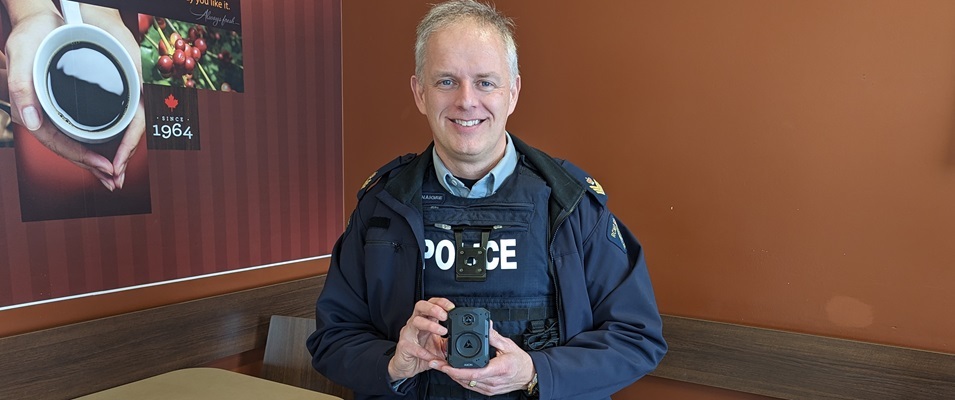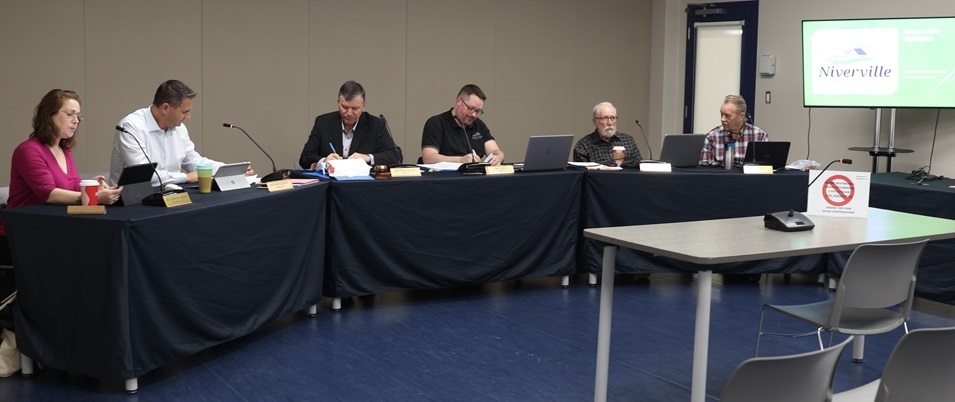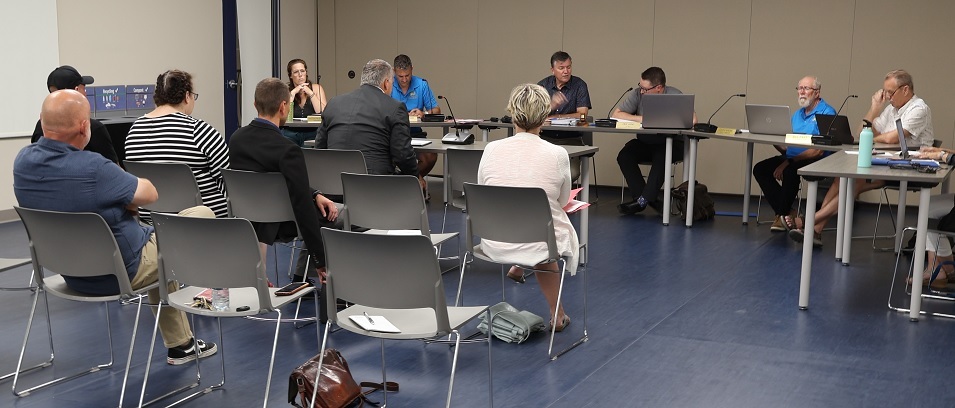
At a June 20 public meeting, Niverville’s council voted unanimously in favour of accepting a zero-tolerance policy which governs council’s response to unacceptable behaviour directed toward them by residents.
Mayor Myron Dyck says a similar policy had already been put in place which addressed a zero-tolerance approach to disrespectful behaviour occurring between town staff and council members. As well, the policy is clear on its zero-tolerance approach to disrespectful communication or behaviour directed at town staff from residents.
With this most recent policy addition, council members now have some recourse when they are faced with disrespectful communication from residents as well.
“Essentially, it’s pretty cut-and-dried,” says Mayor Dyck. “It’s up to the individual reaching out to council to speak in a respectful way. It’s not up to what they believe to be respectful but what council believes is respectful in how they’re being talked to, whether it be by email or otherwise. Individuals who do not speak respectfully should not expect a return in communication.”
But ceasing to communicate in writing is only one means of exercising their right to respectful interaction. Other means include a termination of phone conversations, limiting face-to-face contact, withdrawing a person’s right to access town facilities, and, in worst case scenarios, reporting the incident to the police.
What constitutes unacceptable behaviour is also broad in scope, although it includes abusive or threatening language or behaviour, bullying or harassment, physical, racial, or sexual assault, and damages to property.
But it’s not just through email, phone, and face-to-face conversations that members of council may find themselves at odds with residents. Historically speaking, public council meetings have been known to occasionally raise the ire of residents when contentious topics arise.
Mayor Dyck says that The Municipal Act has guidelines for times like those.
“Generally, when it comes to a municipal hearing, if [someone] at the meeting gets unruly, the first step is to let the individual know that they need to change their tone if they wish to continue to speak,” Dyck says. “Option two is you take a recess to see if the person can kind of just gather themselves. The third option is [to call in] the RCMP.”
The council in the RM of Springfield is all too familiar with that policy, having exercised their right to call on the RCMP for help clear council chambers at their June 13 council meeting.
On that occasion, the chamber was filled to capacity with residents standing in opposition to an application by an Alberta mining company looking to drill up to 7,700 wells in order to extract silica from beneath the area’s freshwater source: a sandstone aquifer.
According to Springfield mayor Patrick Therrien, while tensions were high in the room, it was the belligerence of primarily one resident that determined, for council, the need for RCMP backup.





